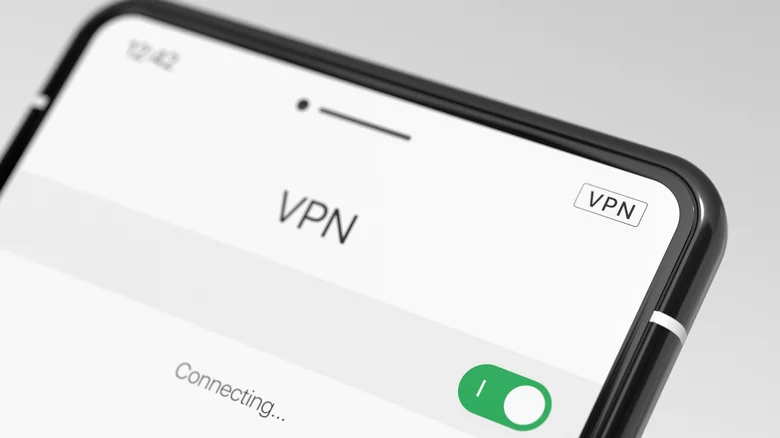
Sep 26(ABC): Contrary to popular belief, VPNs and proxies aren’t the same. At the base level, both allow you to browse the web from a location you’re not actually at, but besides that, they work differently on a fundamental level. However, for the vast majority of people, VPNs and proxies are used to achieve the same tasks, so it’s understandable that some may think they’re identical.
What is a VPN?
Let’s start with the basics. A virtual private network (VPN) lets you browse the web privately and securely with a level of encryption involved between you and the VPN provider (via Security.org). VPNs are often used to sign up for services or apps that are geo-restricted to a particular location, such as changing the VPN server to a different country in order to stream its TV shows. These restrictions are usually in place because a company doesn’t have the rights to stream in your country or because it simply hasn’t expanded its services to your region yet. While we don’t recommend doing this, it’s a common scenario.
However, VPNs aren’t perfect. Lots of streaming services and modern applications are able to detect VPNs and lock you out. That’s because most of the popular VPN applications reuse the same list of IP addresses. So, if a streaming platform sees that a specific set of IP addresses is being used to sign in to thousands of different accounts, that may set off a red flag, as you’re either a spammer trying to brute force your way into their system or a VPN application. VPNs also usually cost money to operate as they require a separate computer located elsewhere to process all of your requests, which is why you’ll typically pay a few dollars per month for a VPN subscription. Of course, you could run a VPN from your home, but again, that requires a computer in some form and the resources to run it, not to mention some technical knowledge.
What is a proxy?
On the other hand, proxies are much simpler than that. Yes, they’re able to hide your IP address, but not much else. Because proxies aren’t encrypted, your ISP and government can potentially snoop on all of your network traffic. Likewise, sophisticated hackers would also be able to reveal your actual location. On the other hand, proxies are typically free to set up and use directly on your devices.
Proxies also offer a bit more flexibility because they can be set up within certain browsers or apps as opposed to gobbling up all of your device’s network traffic. That way, your proxy can be set up to only be used on your web browser or maybe with a torrent client — although VPNs are increasingly taking over this space, as some browsers now offer similar isolated VPNs, as well. Proxies are typically free to use, but in return, many will sell your data to advertisers to recoup the cost or may engage in “suspicious behavior,” according to Malwarebytes.
























